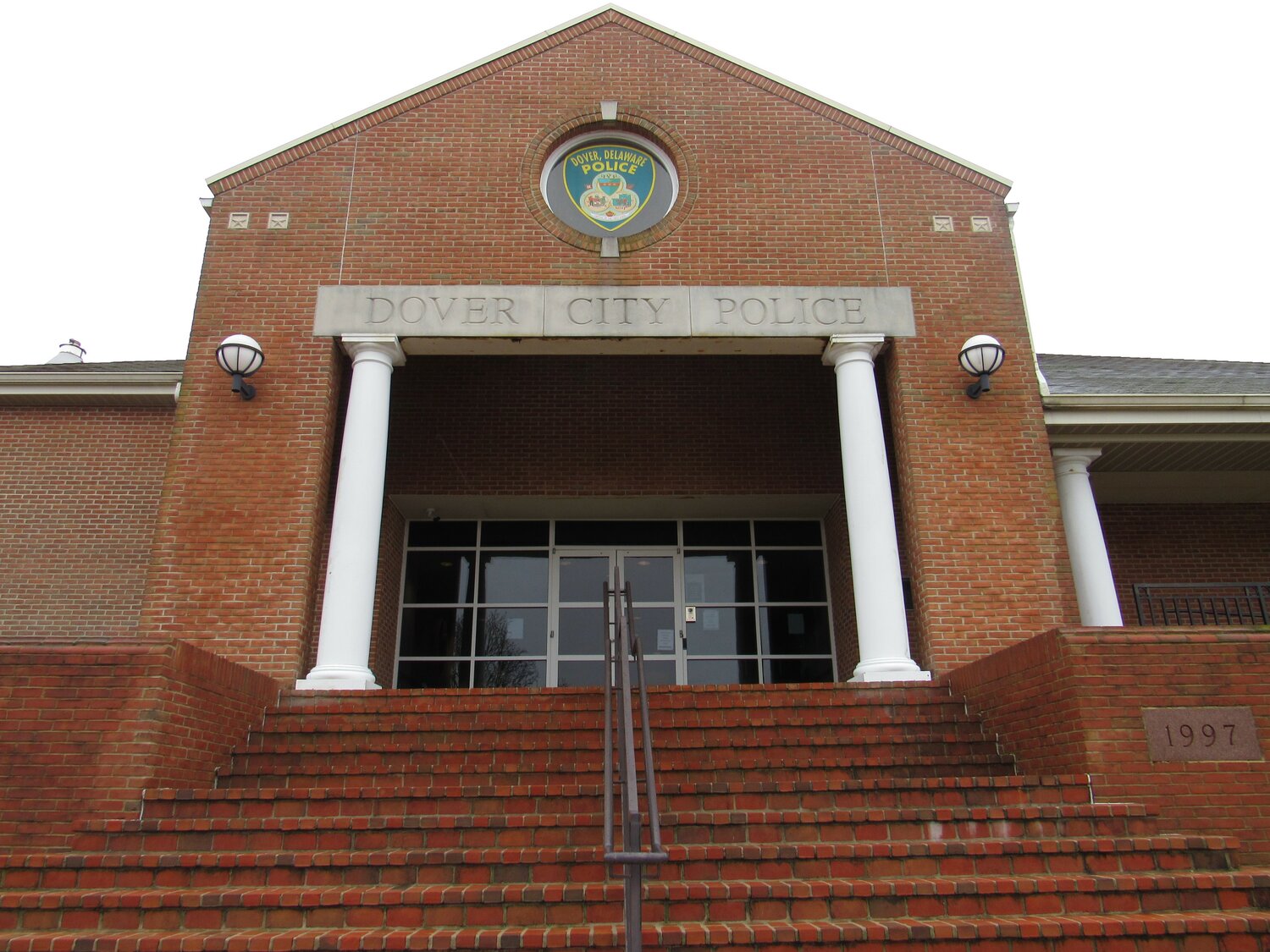Dover police chief details upcoming projects
Immersive training simulator on the way
Dover's police chief outlined some departmental projects, including an incoming VirTra training simulator, during City Council’s Committee of the Whole meeting Aug. 13.

You must be a member to read this story.
Join our family of readers for as little as $5 per month and support local, unbiased journalism.
Already a member? Log in to continue. Otherwise, follow the link below to join.
Please log in to continue |
Dover police chief details upcoming projects
Immersive training simulator on the way
DOVER — The city’s police chief outlined some departmental projects, including an incoming VirTra training simulator, during City Council’s Committee of the Whole meeting Aug. 13.
Chief Thomas Johnson described the equipment as a large hexagon, with five of the six sides holding a massive screen. With a 300-degree field of view, officers can run training simulations on incidents like de-escalation, traffic stops and active threats.
He said their system will be built specifically to simulate tools and weapons used by the Dover Police Department and will also include devices that simulate wounding.
“I’ve been tracking this VirTra training simulator for about two years. A year ago, at (the International Association of Chiefs of Police conference) in San Diego, I actually got into this thing (and) managed to get myself killed twice,” he said. “It hurt both times because they put an electronic device on you to let you know when you’re getting shot.”
The trainer will cost around $400,000, all of which is covered by various funding and grants that require the equipment to be open to all law enforcement organizations across the state. It will mainly be used as part of the police academy.
Chief Johnson did not give a potential arrival time for the VirTra.
Meanwhile, he discussed HVAC upgrades to the agency’s second-floor police academy area, as well as the addition of perimeter fencing for the Queen Street campus.
According to the chief, the HVAC work will allow for training during extreme temperatures, while the fence addresses security concerns for the facility.
These plans are estimated to cost around $193,000 and $215,000, respectively, and are included in the city’s adopted budget.
Chief Johnson also touched on the Behavioral Health Unit, installed in 2022 to service populations the department considers “at-risk,” namely substance abusers, those with mental health issues and homeless people.
At its inception, it received a three-year grant to fund the $130,000 estimated annual cost, which means that additional monies were needed for quarters two, three and four of fiscal year 2025. State contributions provided most of that, leaving a roughly $5,000 gap to be covered by grants or aid.
Further, Chief Johnson announced a partnership with GUIDE, an app available to officers, civilian employees, spouses and retirees, to address occupational stress.
“It connects them in a private setting to all kinds of resources for them to address issues that could impact their quality of life and add to the stress or the mental deterioration that we see,” he said. “They have crisis support. They have peer support. They have techniques for not only physical well-being (but) mental well-being, financial well-being, anything that you can think of.”
Since July, the department has been undergoing a yearlong $17,000 pilot program with GUIDE, though the price will go down to about $15,000 if the department continues to use it after that period.


 By
By 



